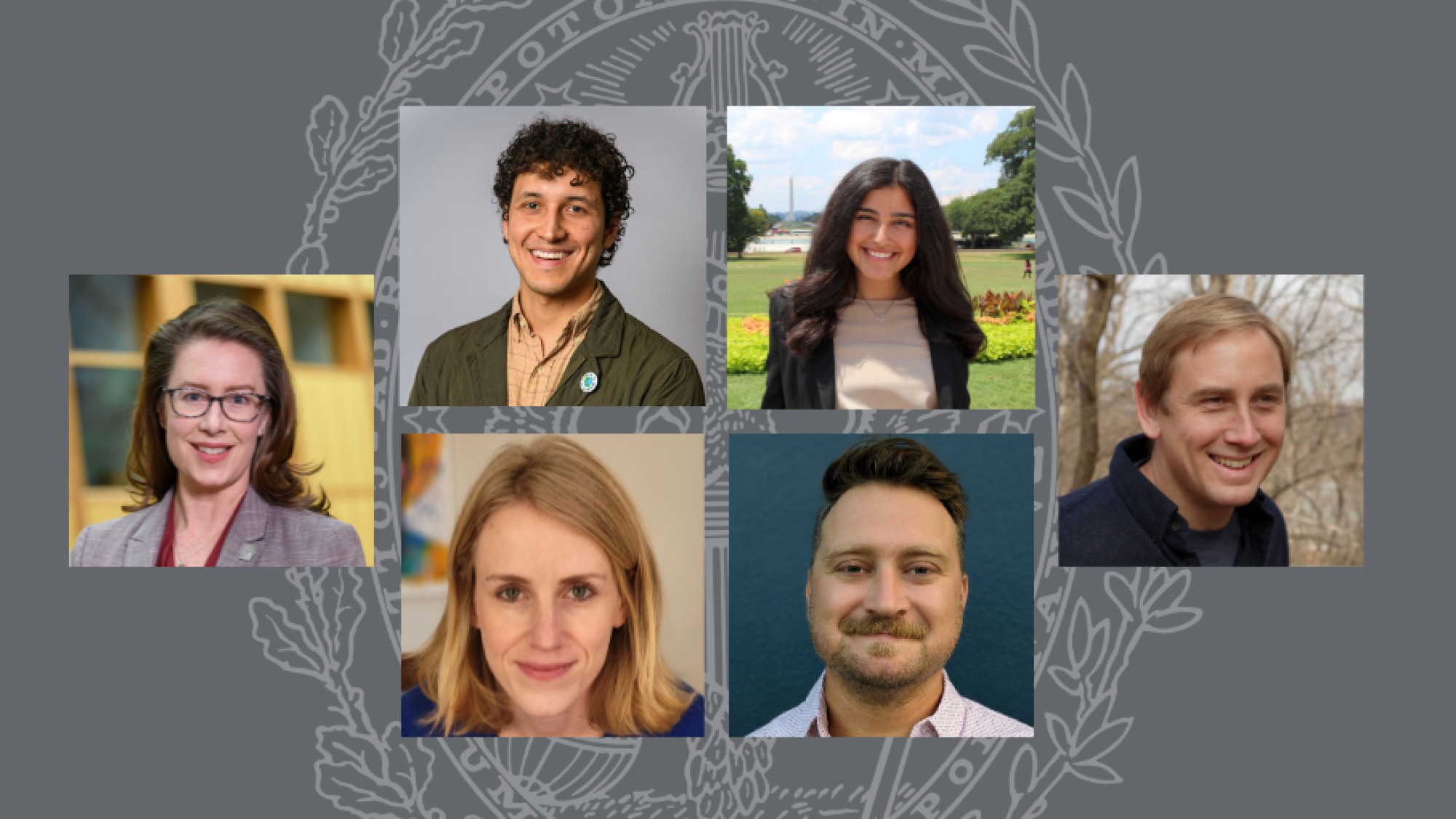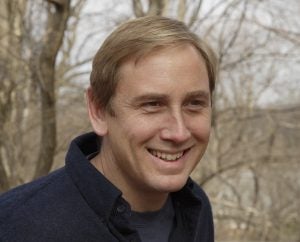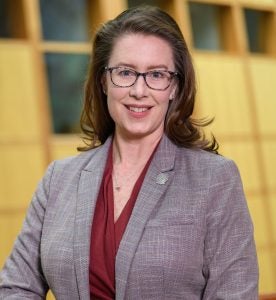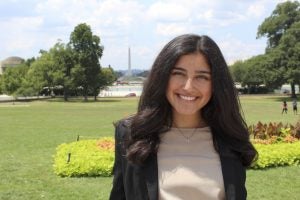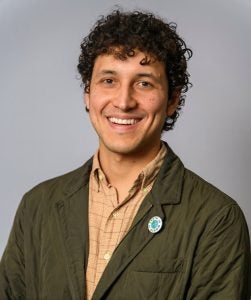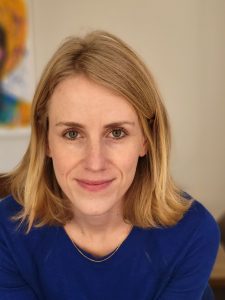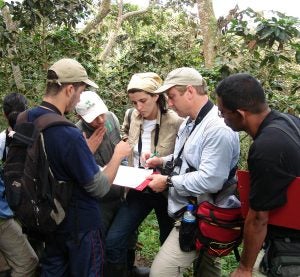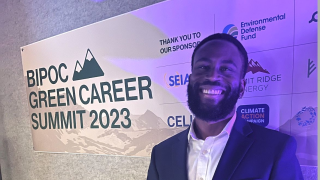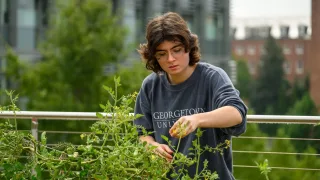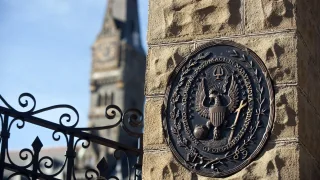For several decades, Georgetown University has been working toward a more sustainable campus community, from solar panels installed on the roof of the Intercultural Center in 1984, to new climate-focused courses and majors.
In 2022, the Georgetown community marked a major milestone with the launch of the Earth Commons—Georgetown University’s Institute for Environment & Sustainability. The Graduate School of Arts & Sciences partnered with the McDonough School of Business and Earth Commons (ECo) to launch a joint Master of Science in Environment and Sustainability Management. And this year, the school is joining forces again to launch a new interdisciplinary master’s degree focused on the environment and international affairs.
The Graduate School works closely with the Earth Commons, which seeks to shape the future of the planet through sustainability research, education and actions across campus, and to cultivate future leaders in the fields of environment and sustainability.
“I have been impressed by the innovative work of the Earth Commons over the past several years, and by the number of exciting cross-university initiatives they have spearheaded,” said Alexander Sens, dean of the Graduate School of Arts & Sciences. “From new undergraduate and master’s degrees to other exciting initiatives at Georgetown and across the globe, their energy and creativity are inspiring.”
Explore the Graduate School’s interdisciplinary environmental graduate programs that faculty are developing, new research projects by ECo postdoctoral fellows, and efforts by an alumna and current graduate student leader to care for our common home.
